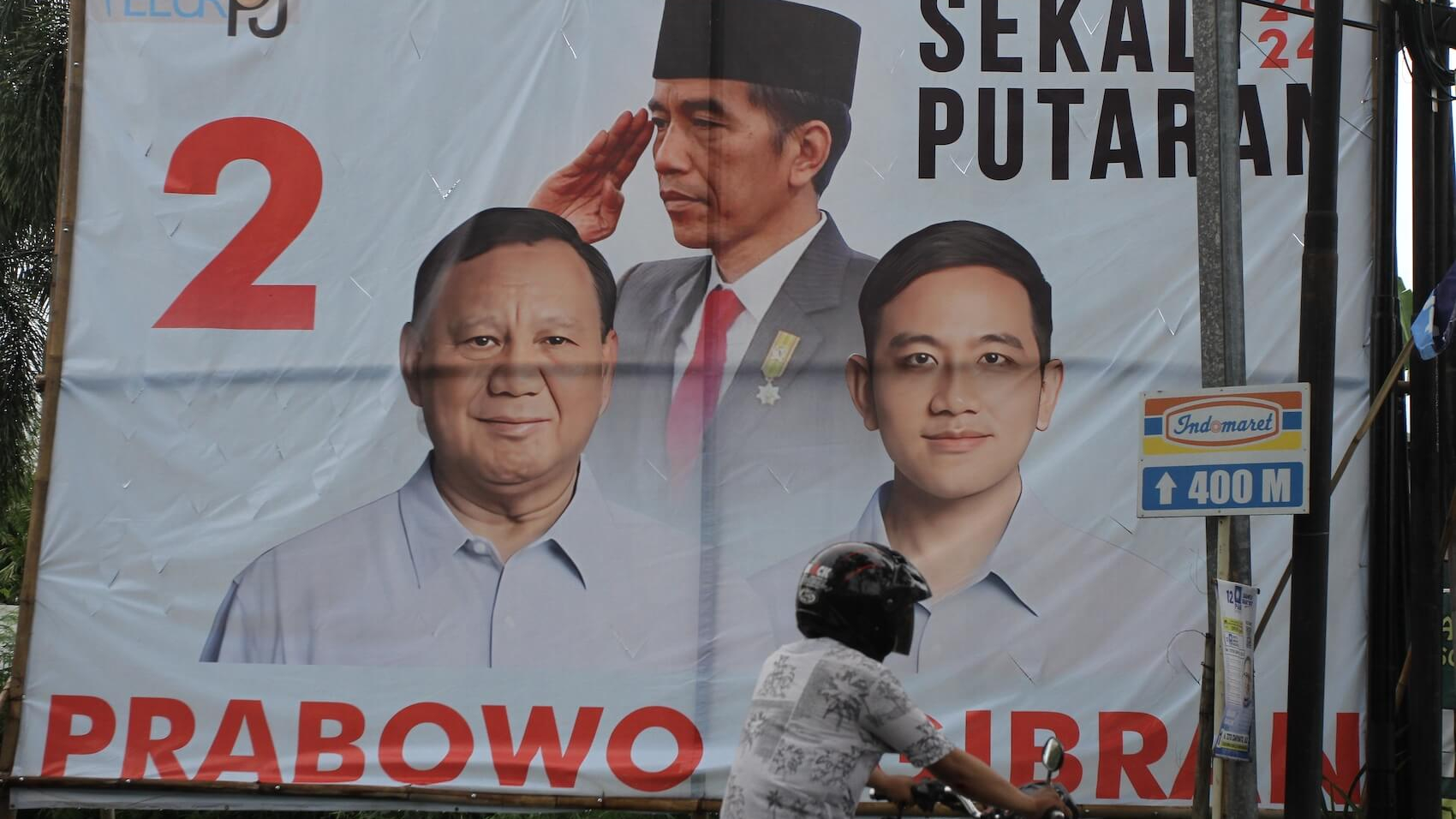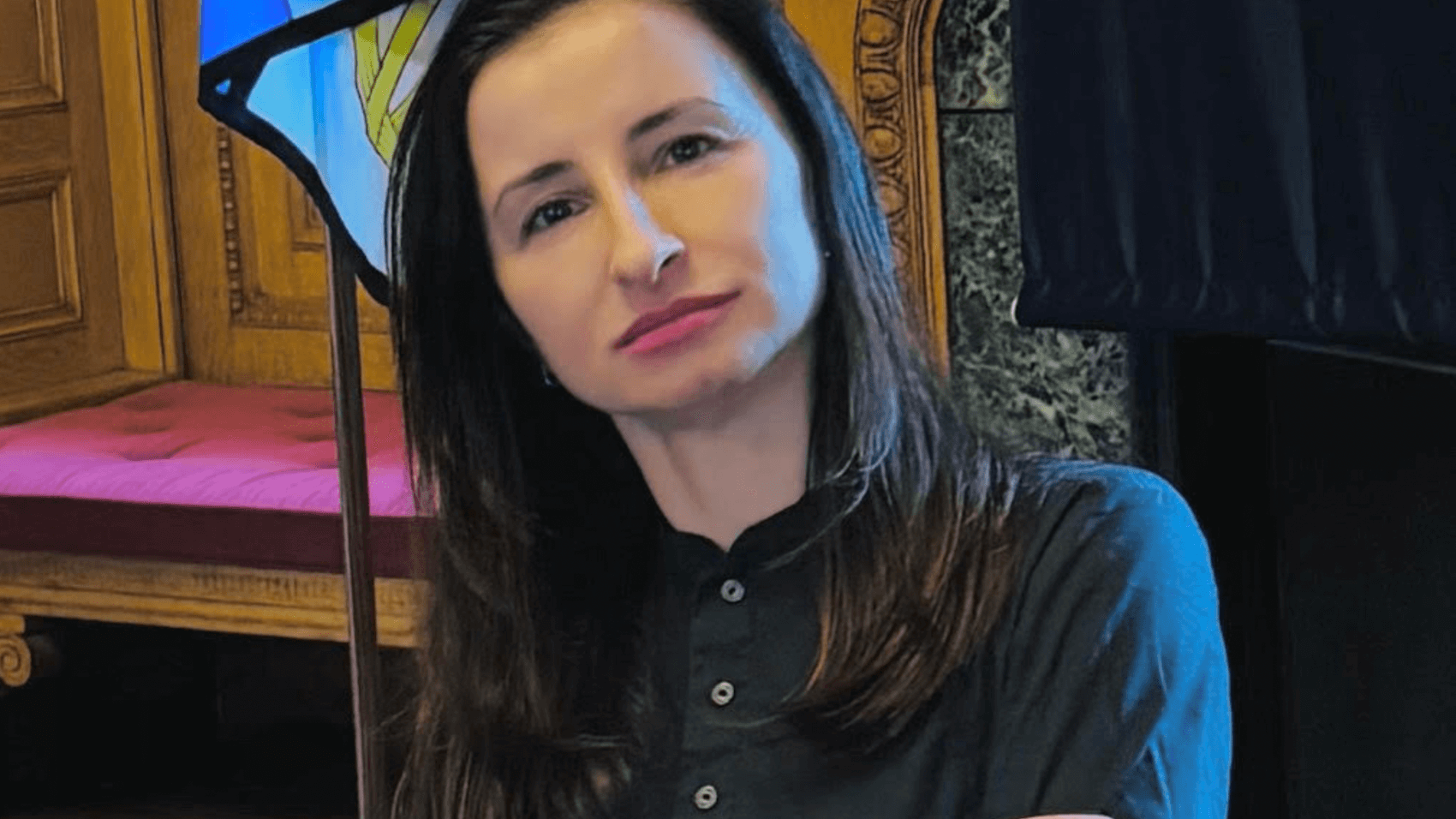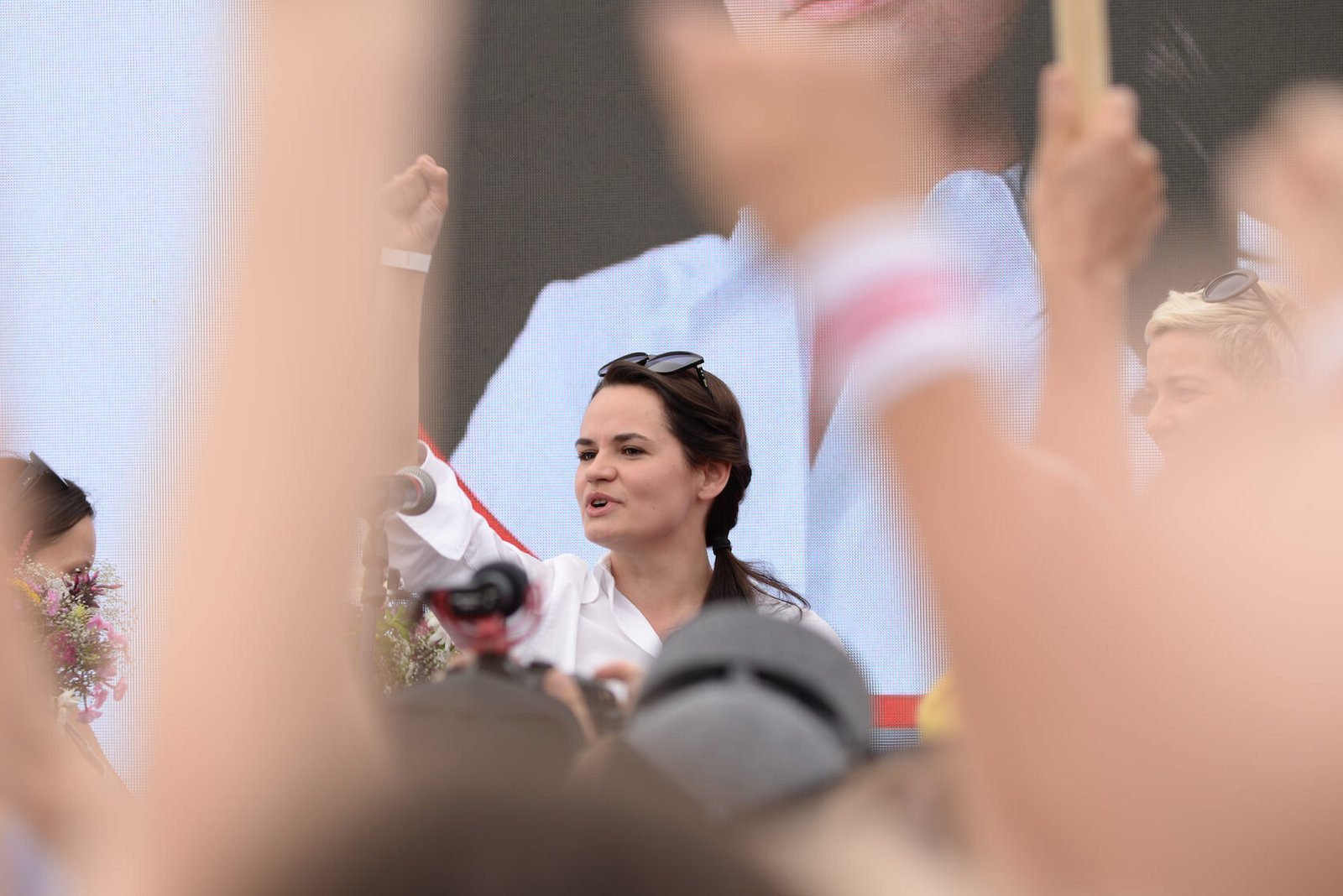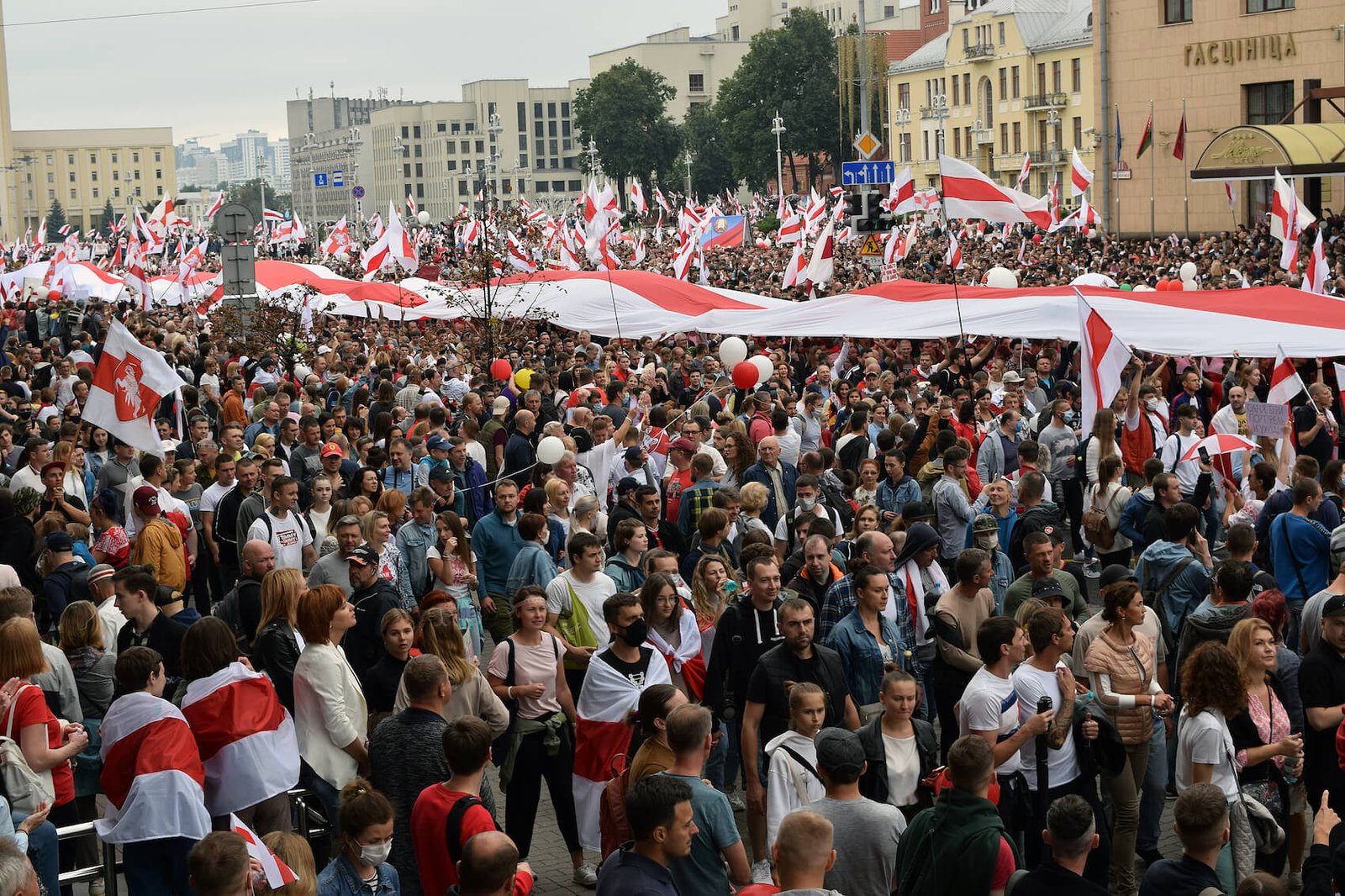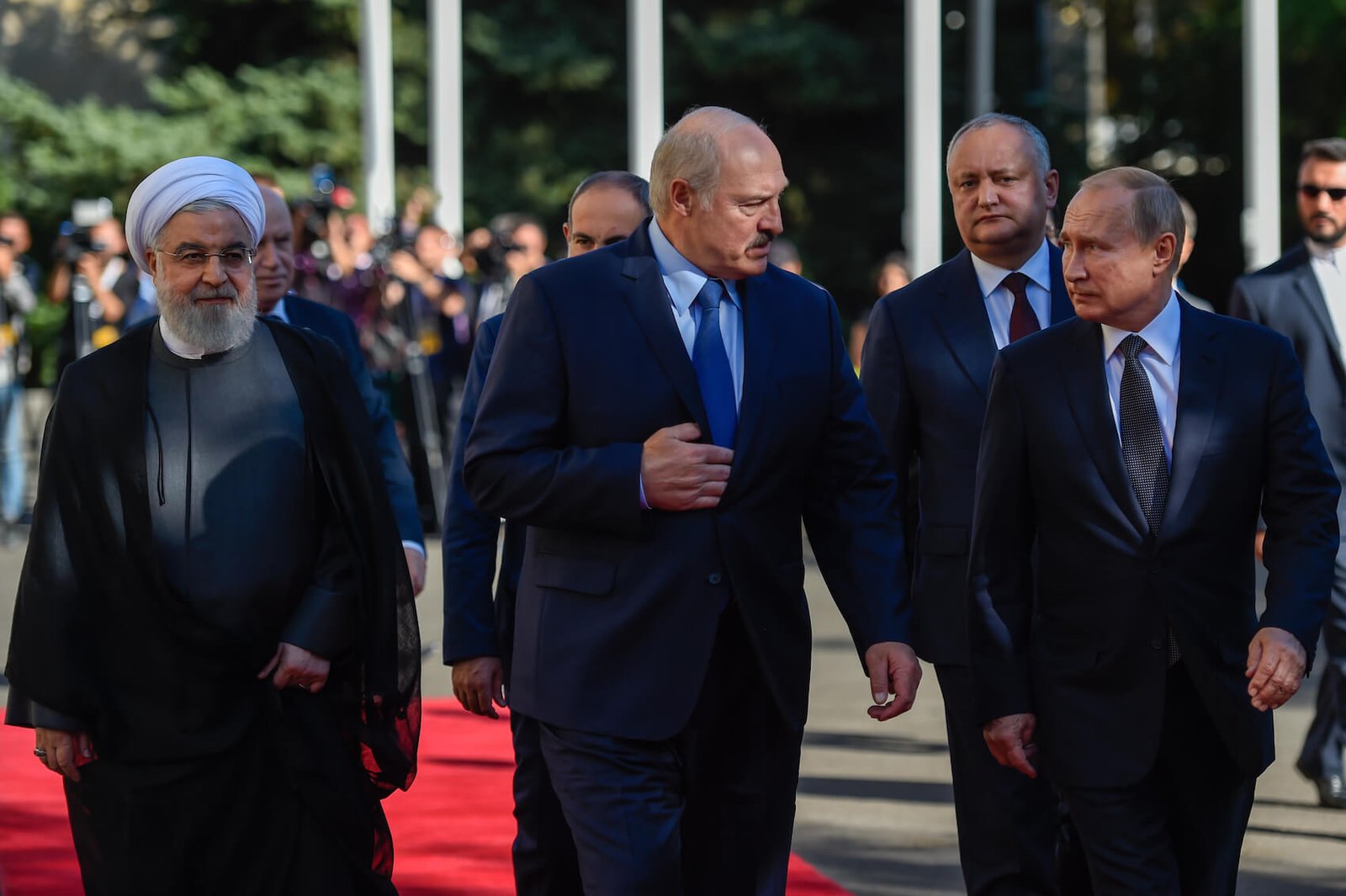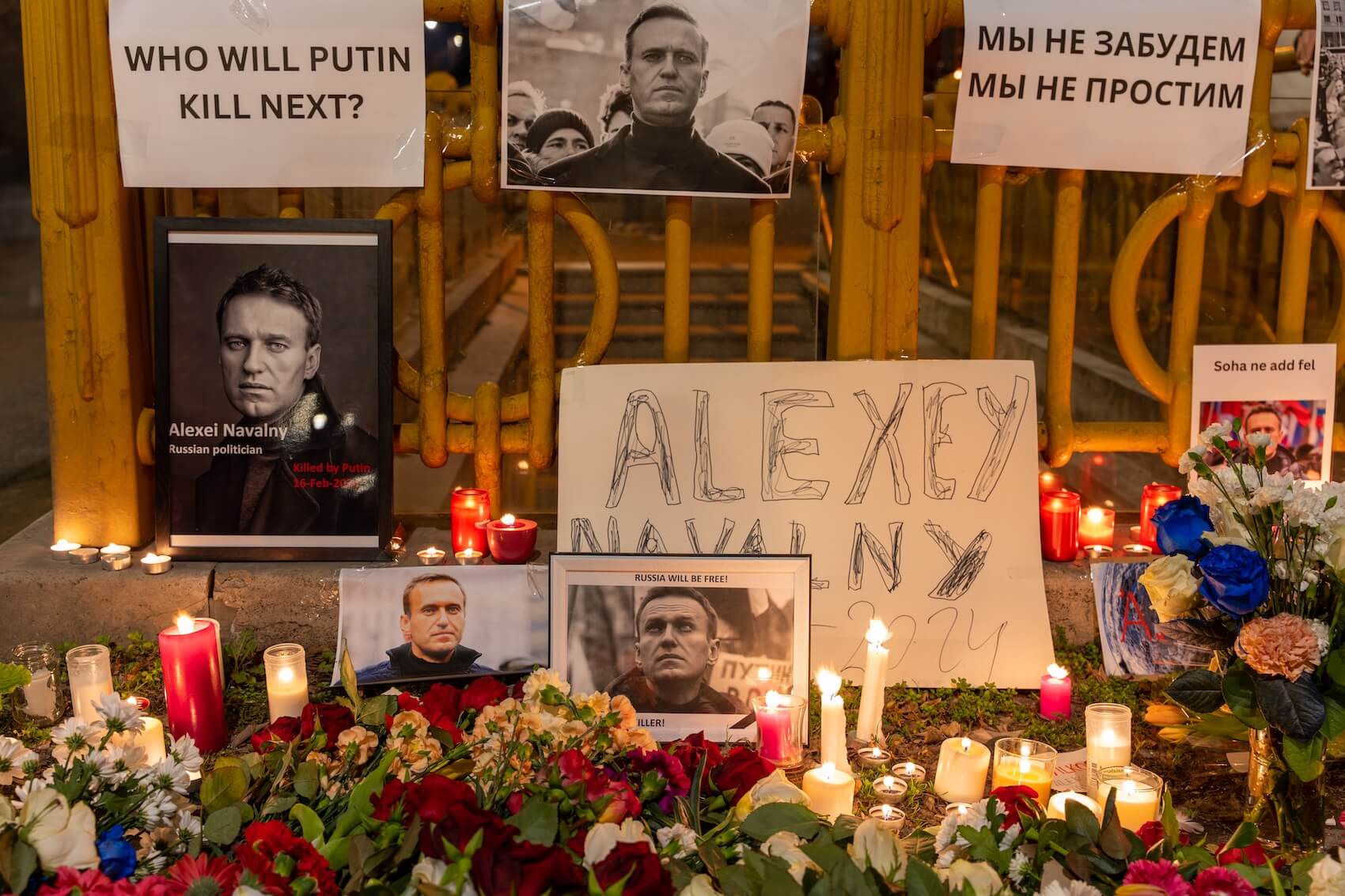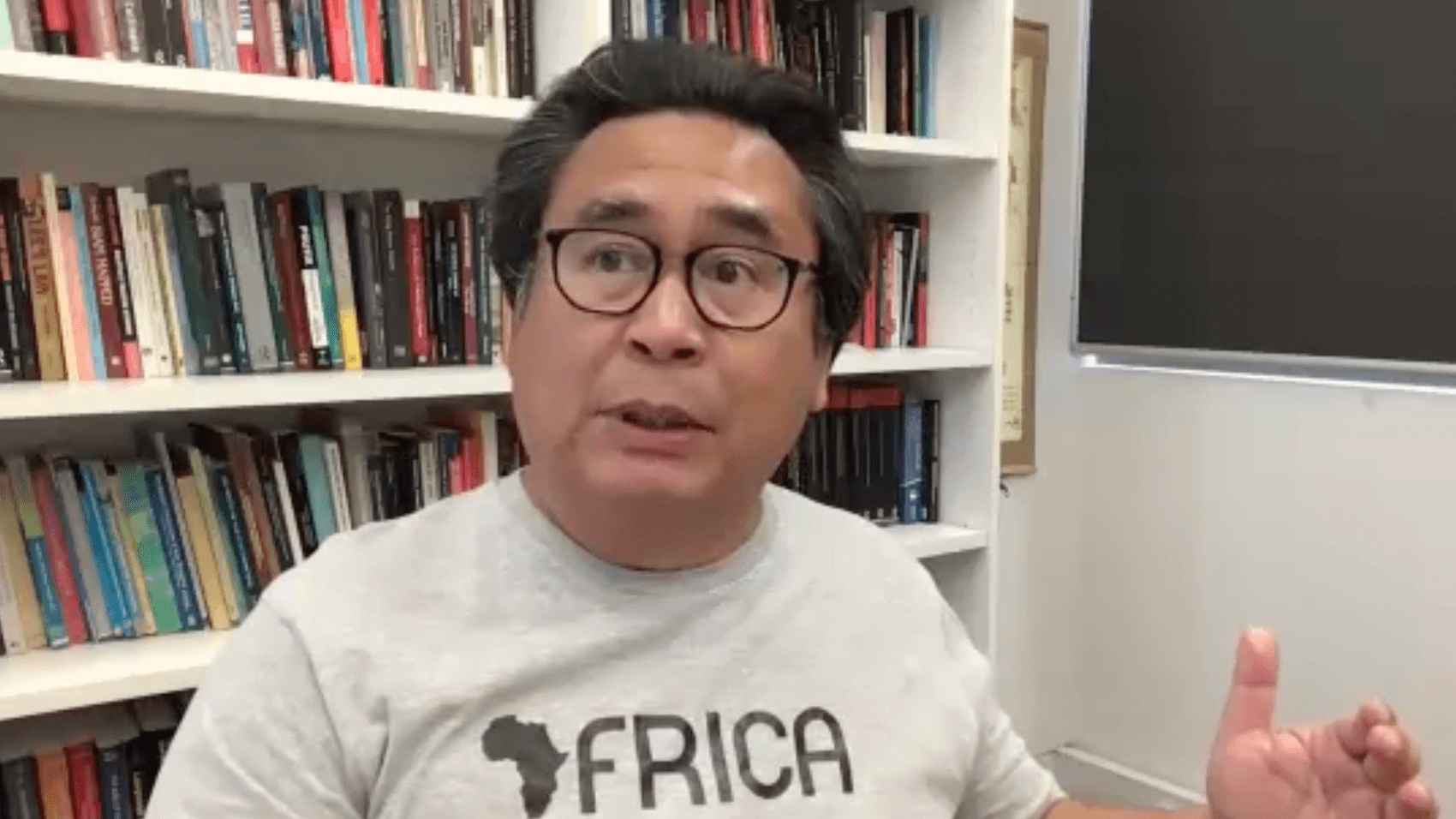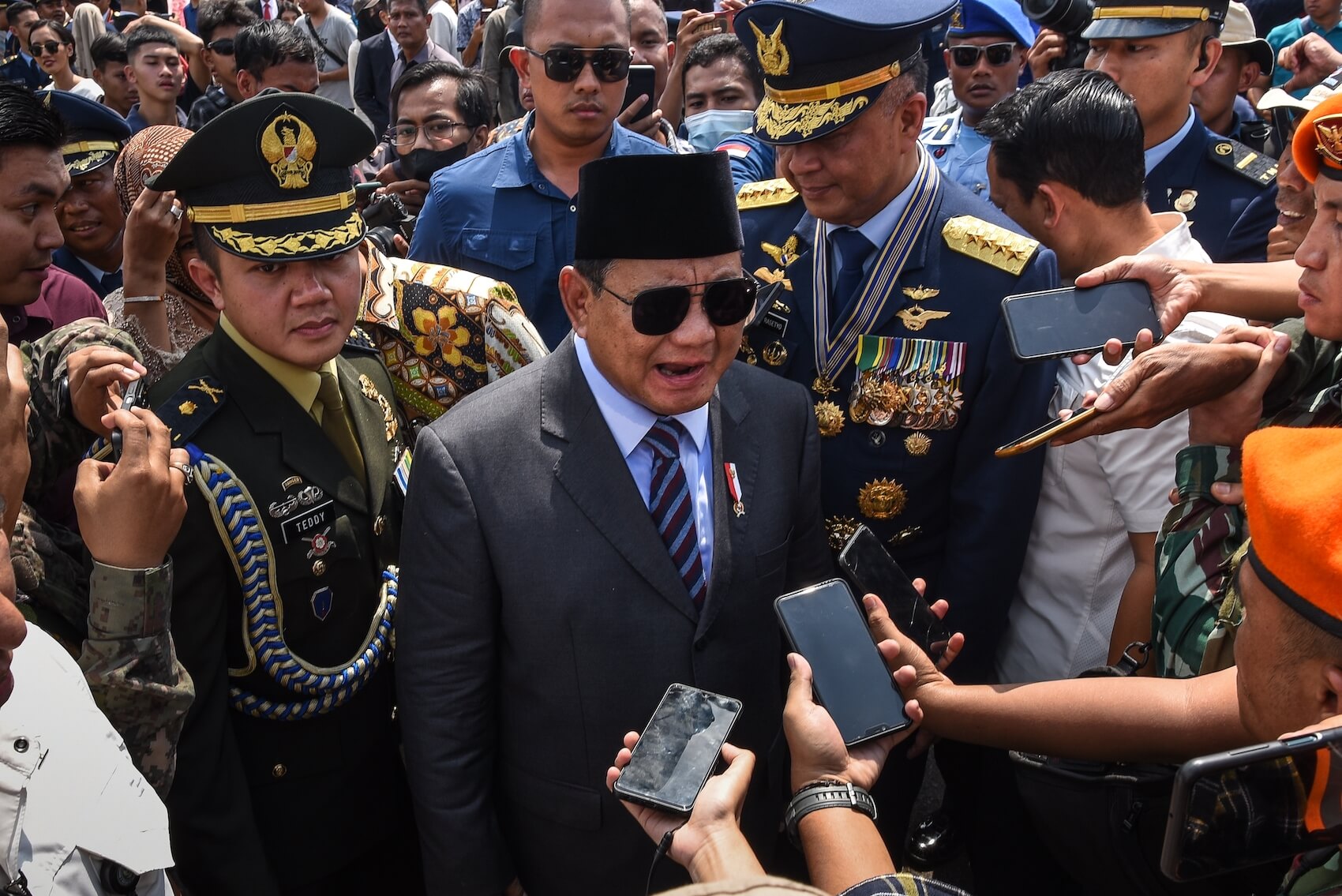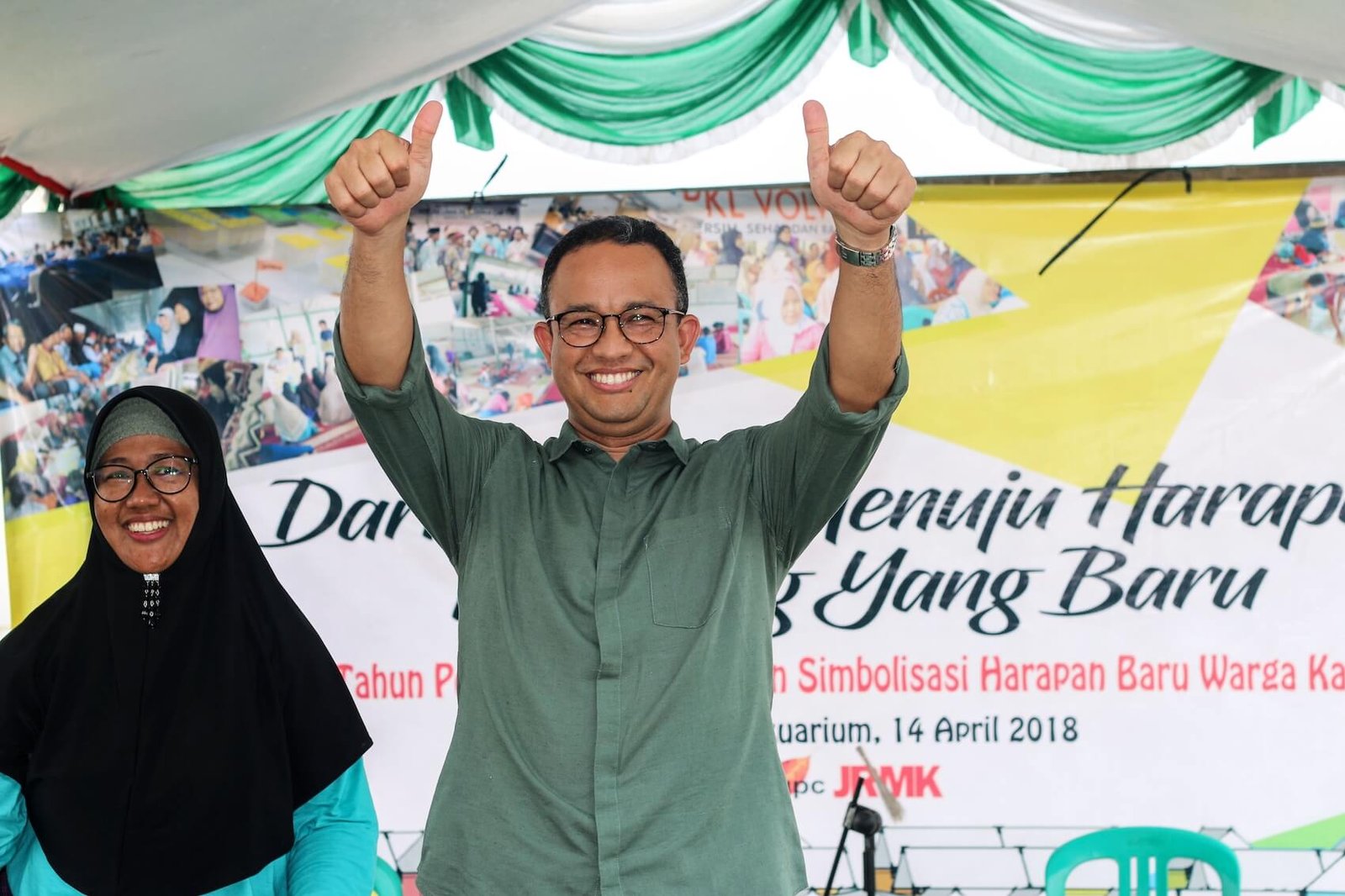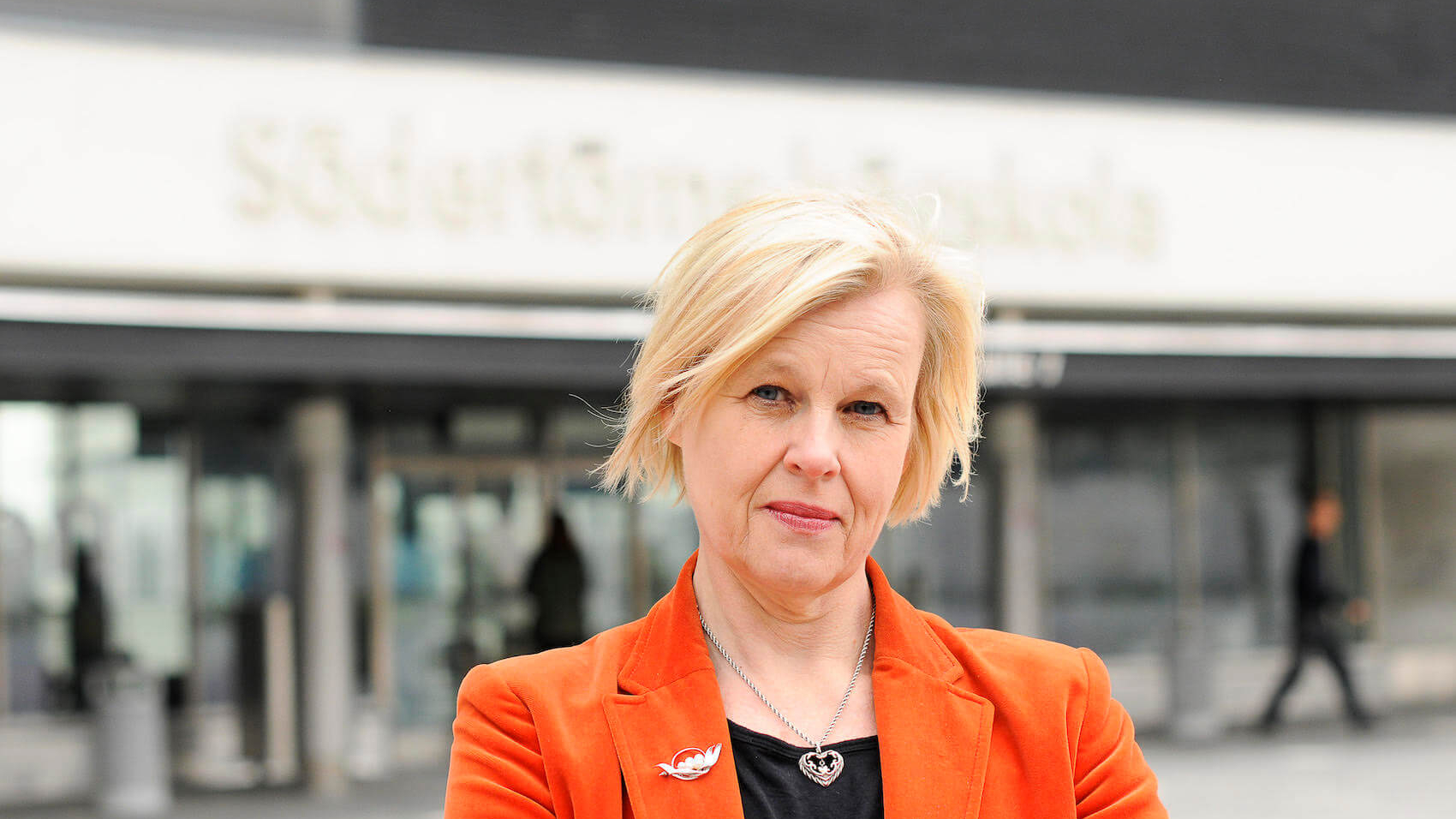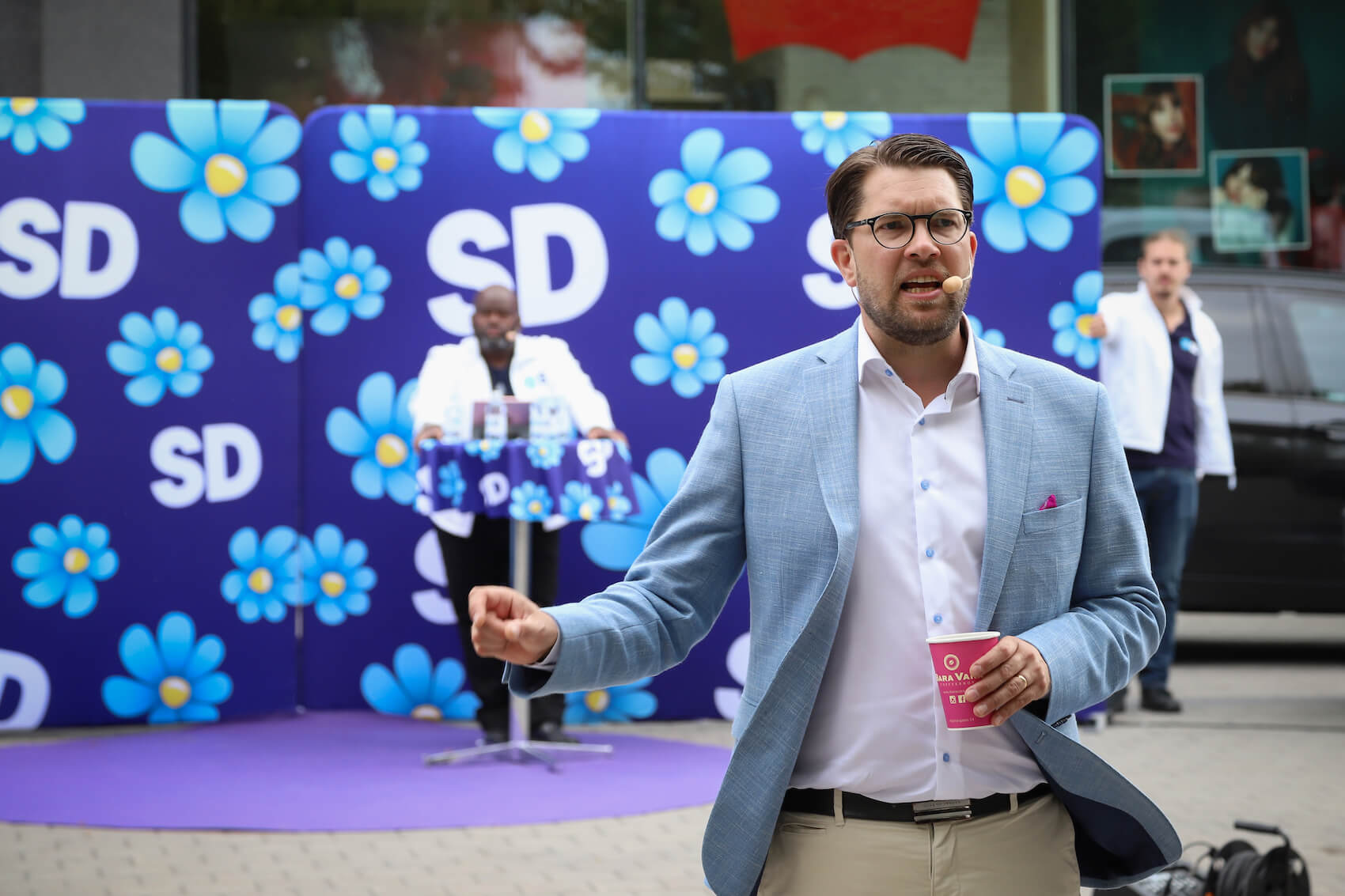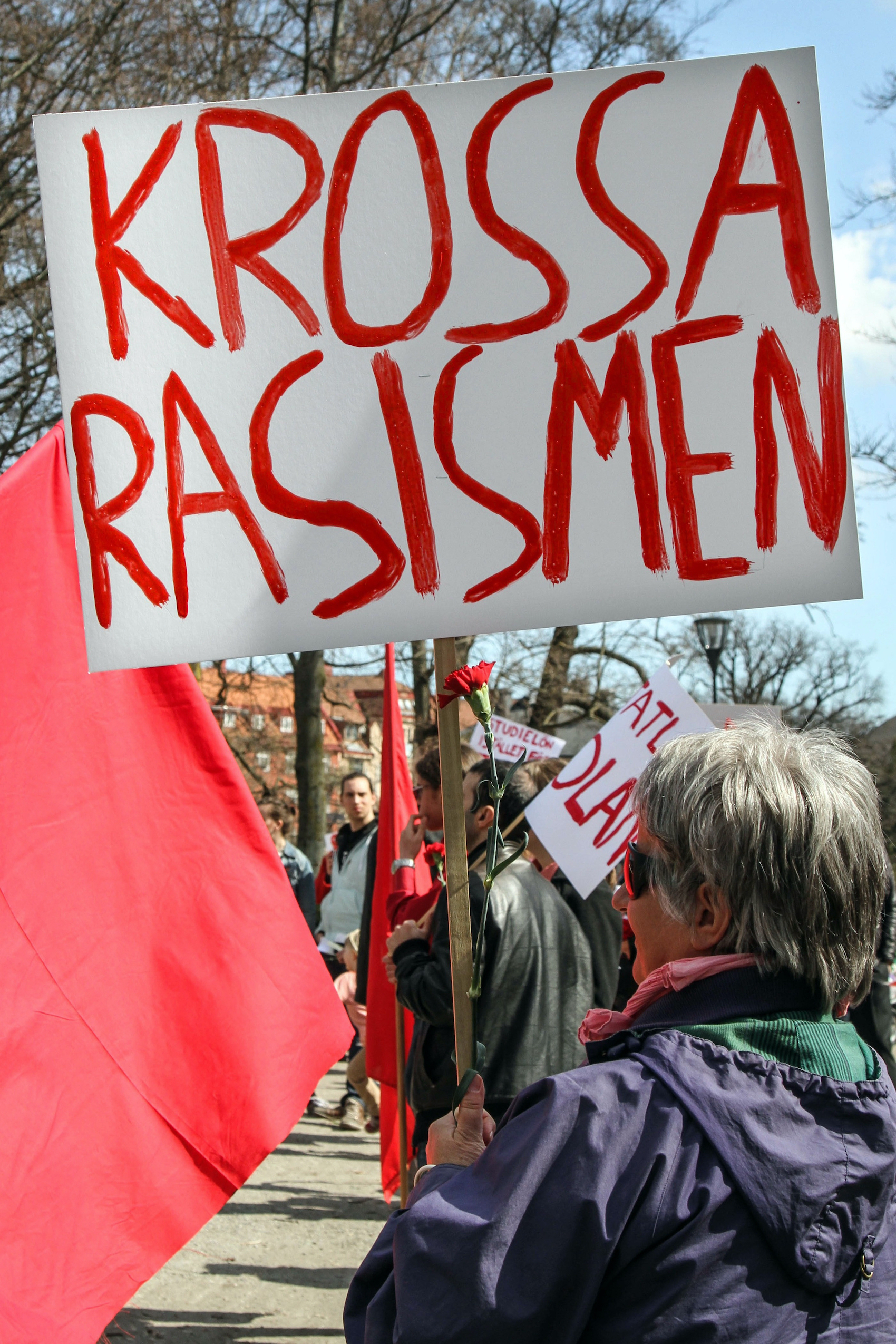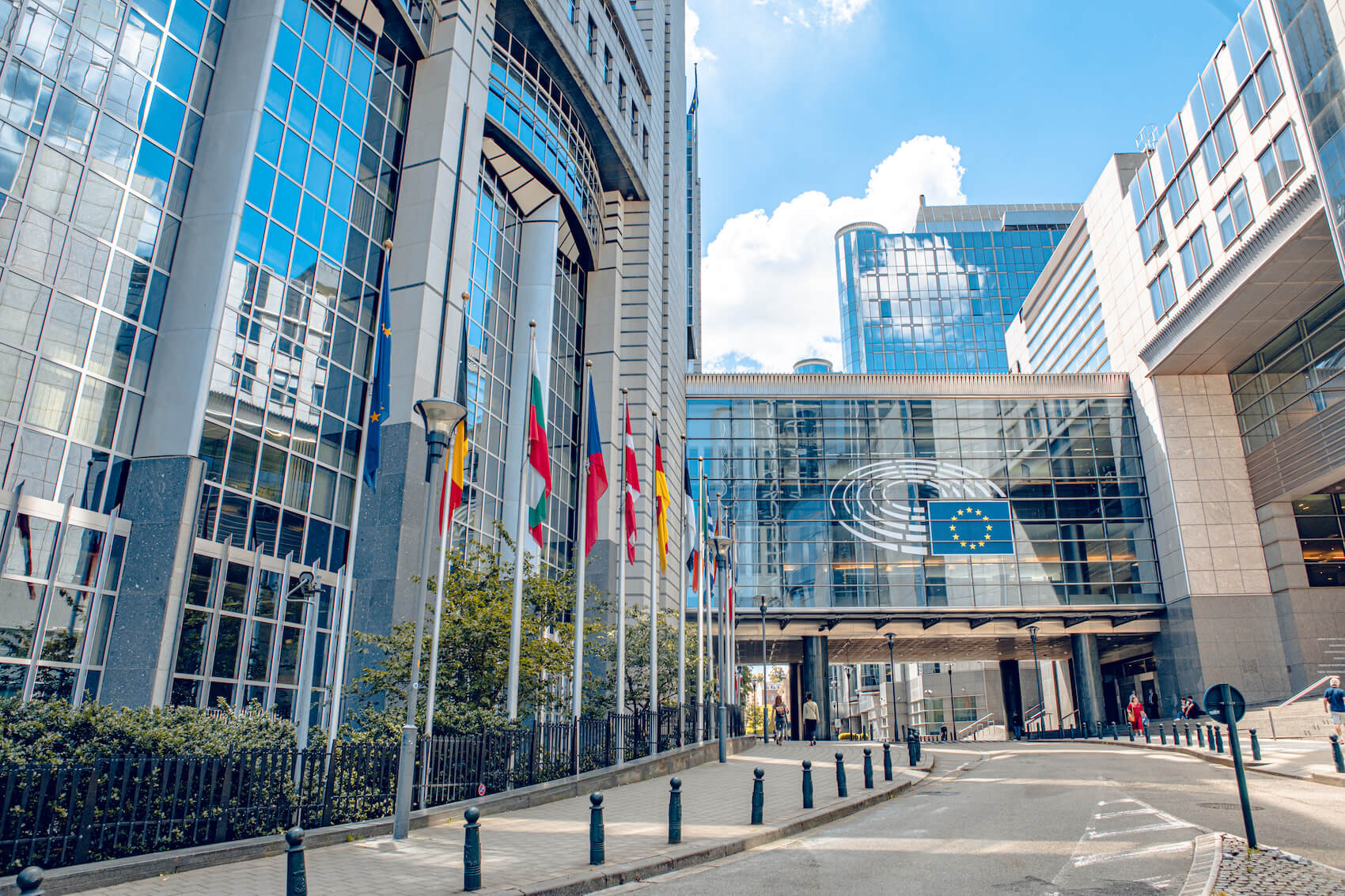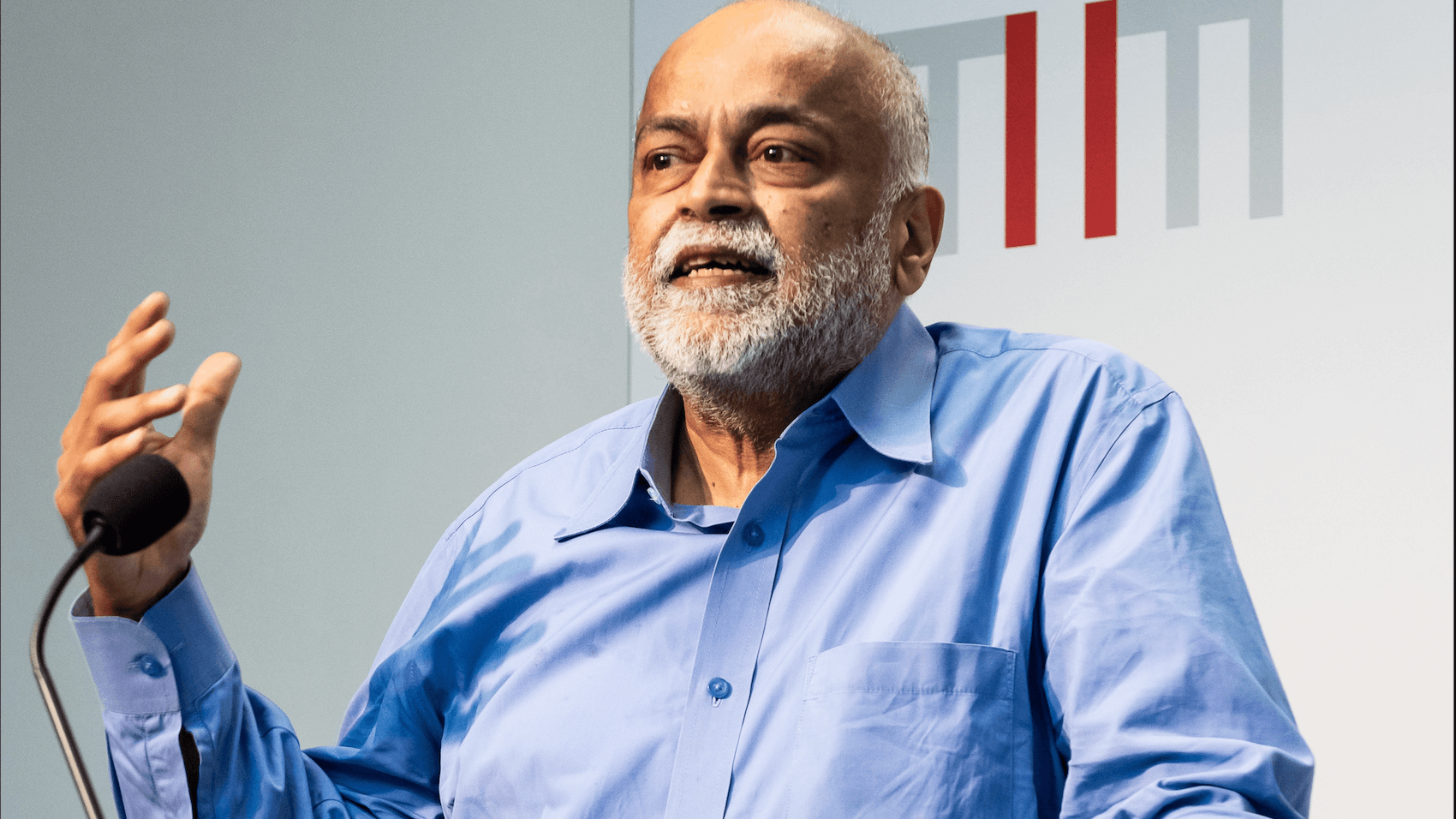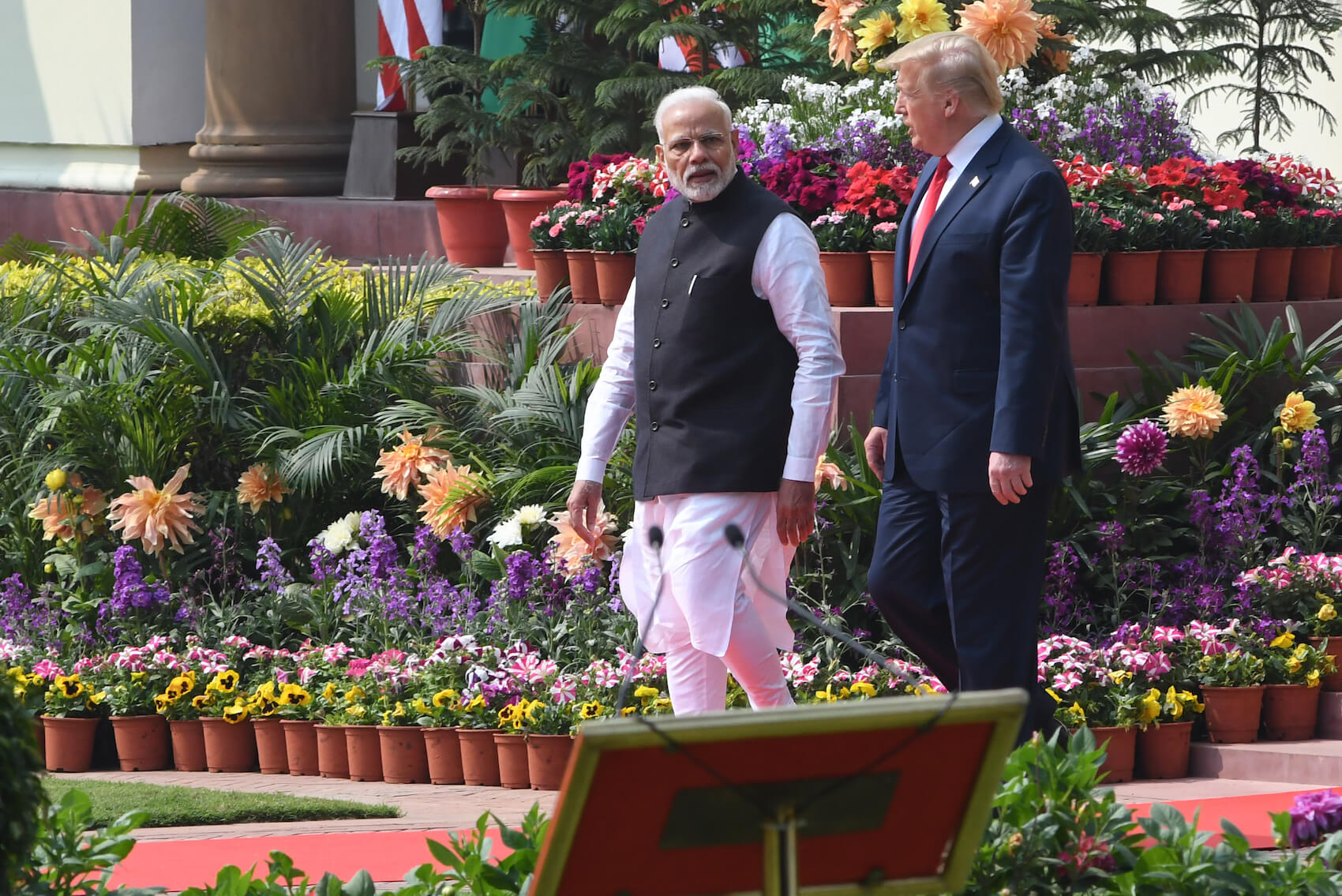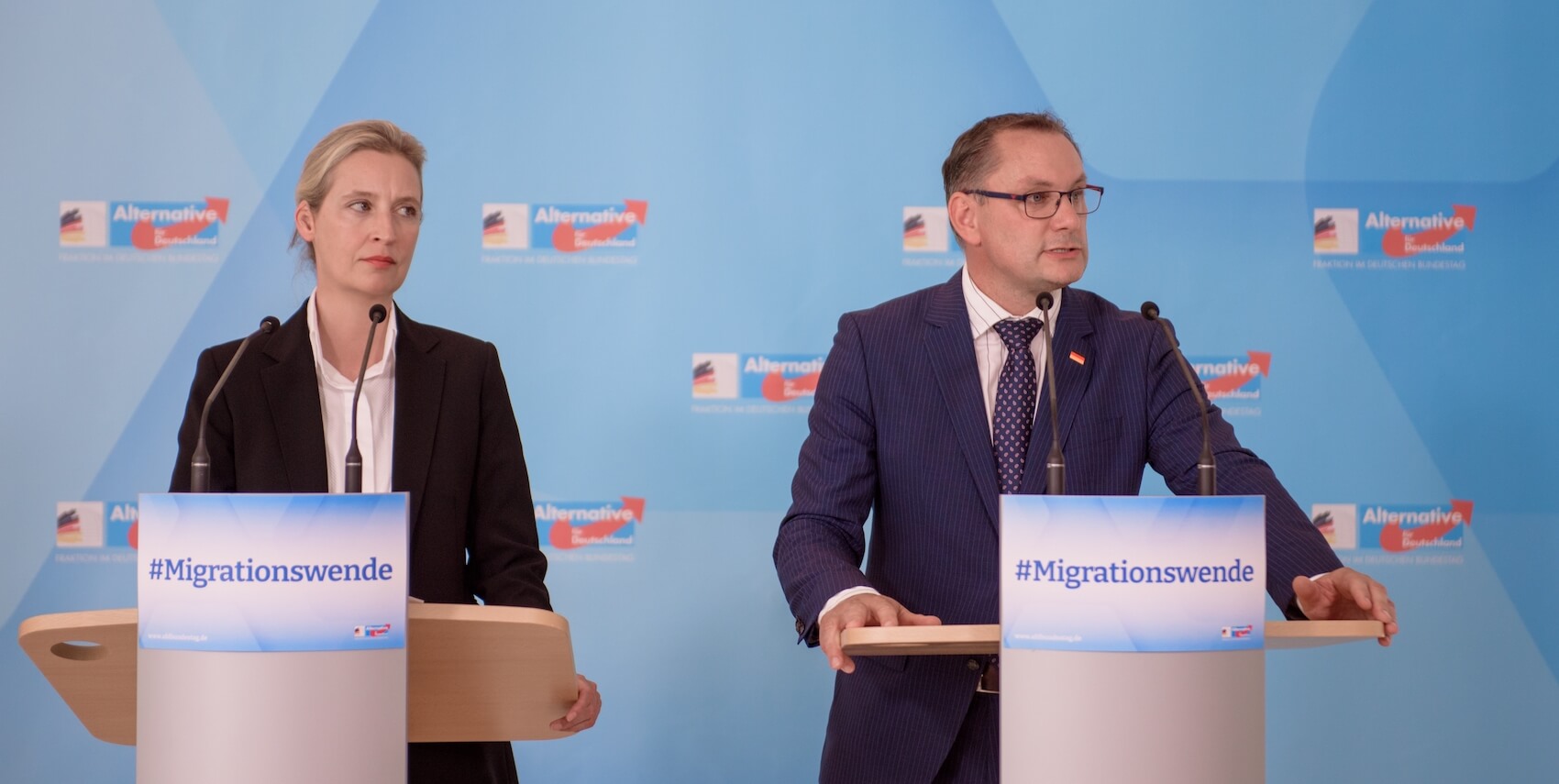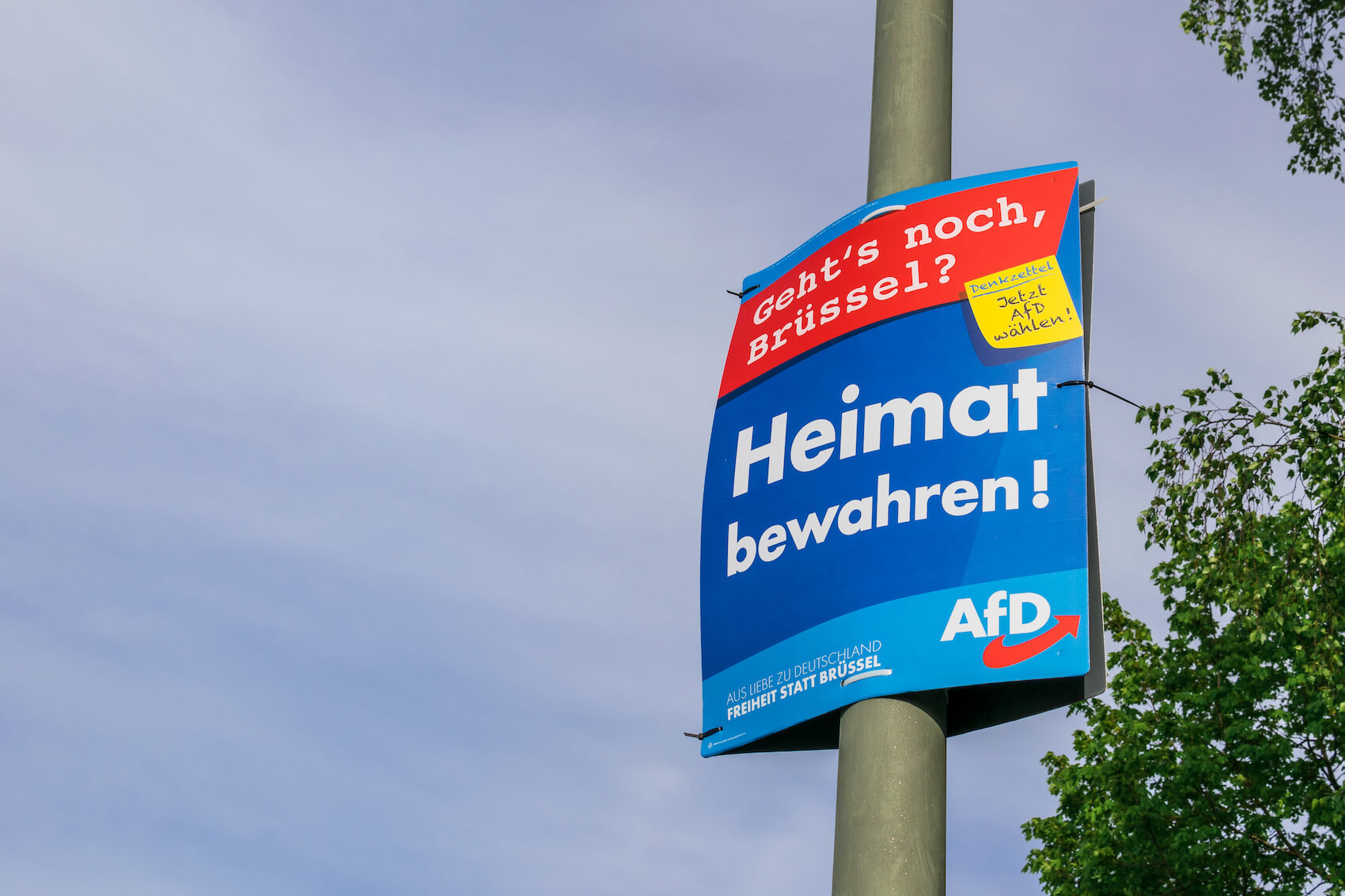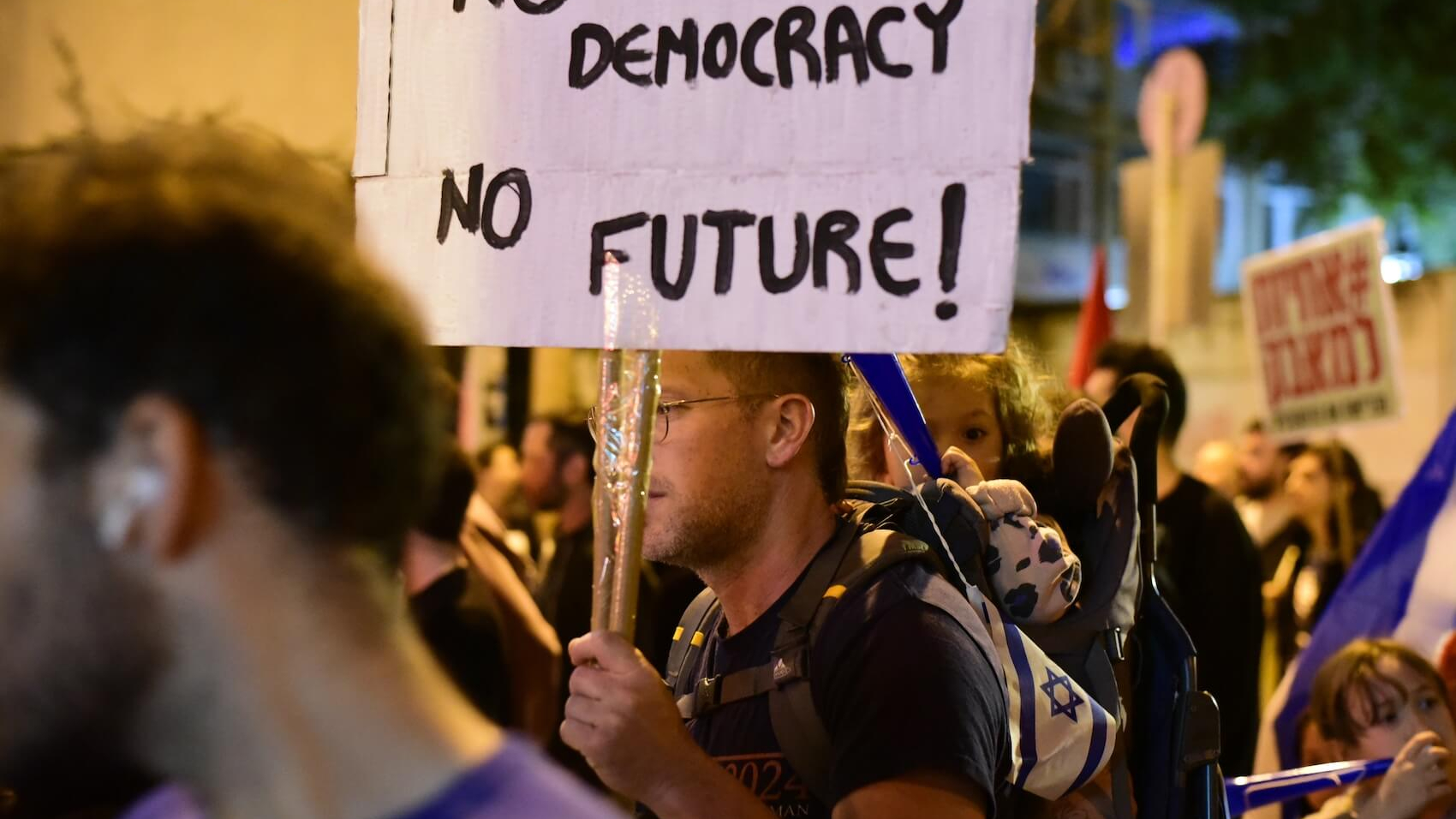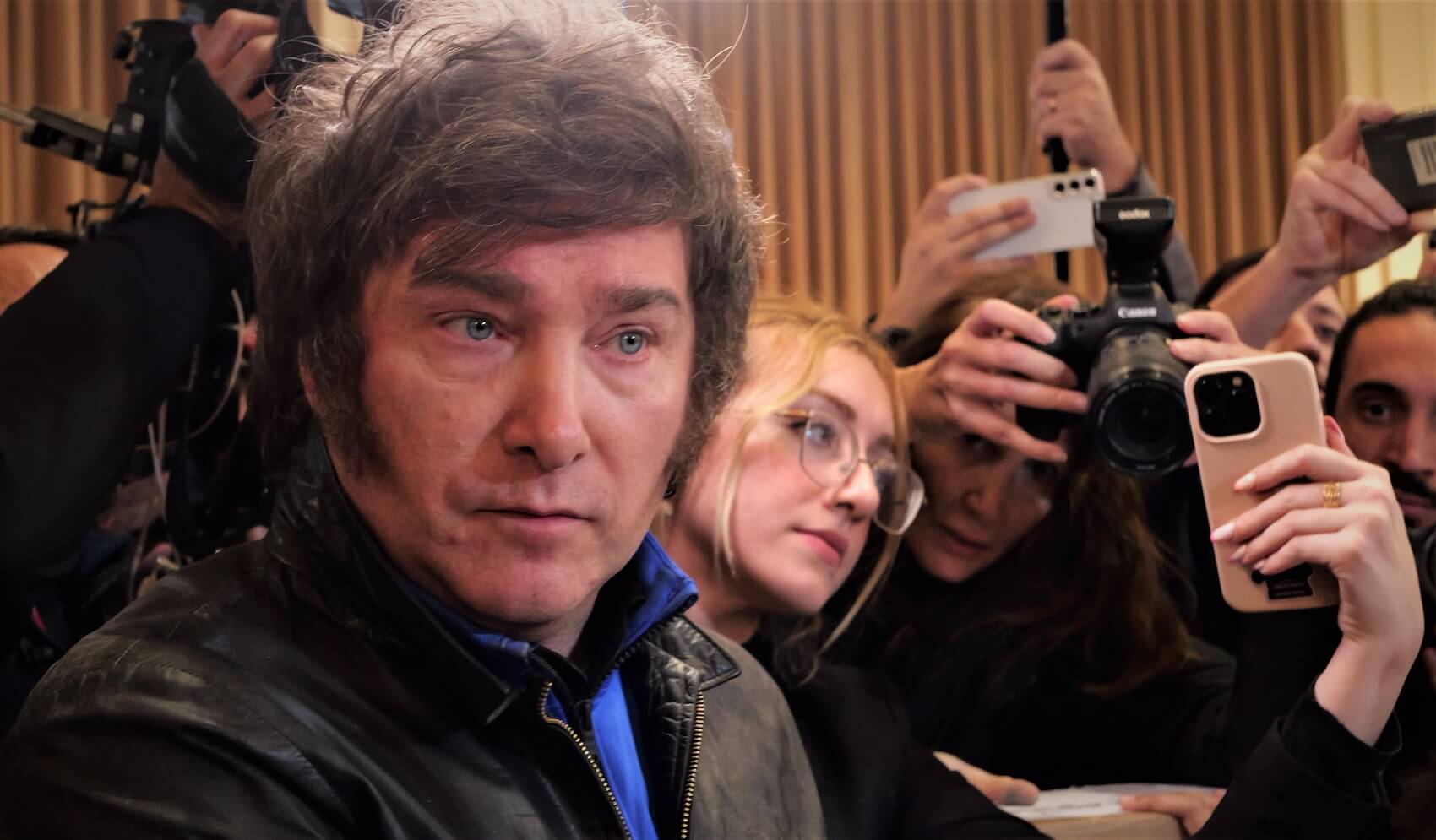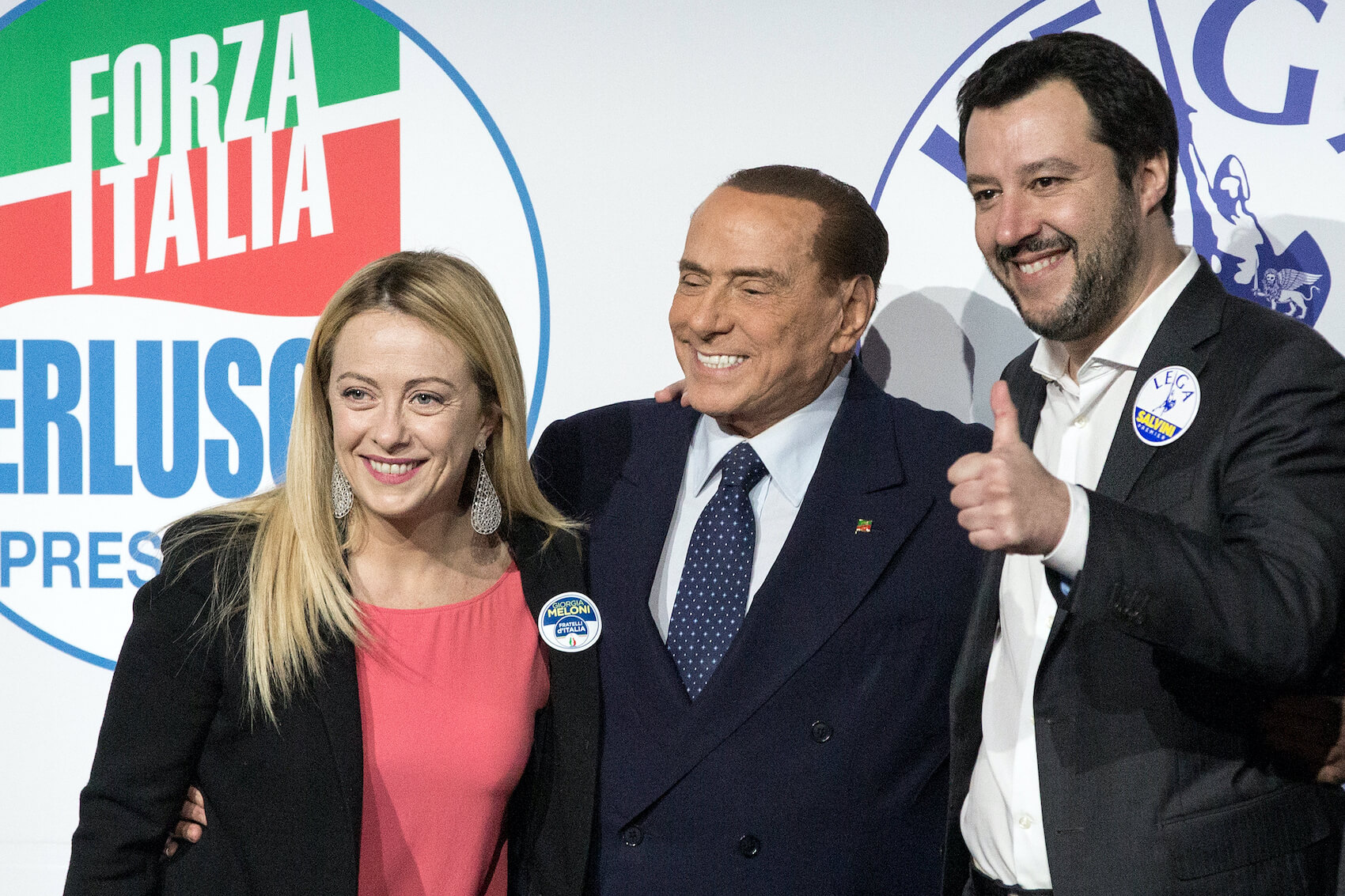Prabowo Subianto Joyohadikusumo is the anticipated victor of the 2024 Indonesian presidential election, boasting a political career spanning more than three decades in the country. Over the course of the past decade alone, Prabowo has undergone significant shifts in ideological stances, rhetorical appeals, and electoral strategies. He has transformed from an ultra-nationalist, chauvinist, and Islamist populist into a technocratic figure with a more approachable demeanor, strategically forming and changing alliances in his efforts to secure electoral success.
By Ihsan Yilmaz, Hasnan Bachtiar, Chloe Smith & Kainat Shakil
Following Indonesia’s tumultuous transition to independence, the early period of the country’s history, which has been called the years of “Guided Democracy,” was led by two successive authoritarian regimes (Barton et al, 2021a; 2021b). It was during this period that Indonesia’s new leader cut his teeth in his former role as a general of the special forces (Kopassus). Prabowo Subianto Joyohadikusumo has emerged as a pivotal figure in contemporary Indonesian electoral politics. Simply known as Prabowo, he is a highly controversial former military officer with a past tarnished by a legacy of human rights abuses, the son-in-law of former dictator Suharto, and a prominent political actor and Presidential candidate over the past decade.
Since 2009, Prabowo has consistently participated in general elections, engaging in consecutive races during each electoral cycle (2009, 2014, 2019 and 2024) and ultimately achieving victory in the most recent elections. Throughout the years, his image, stances, and narratives have undergone notable transformations, showcasing a fascinating political fluidity and adaptivity.
Prabowo’s journey includes experiencing defeat as a vice presidential candidate alongside Megawati and against retired four-star general Susilo Bambang Yudhoyono in 2009. Their ticket received only 26.79% of the total votes, while other candidates received 12.41% and 60.08% respectively (Komisi Pemilihan Umum, 2009).
Subsequently, he faced defeat twice in presidential elections against the popular technocrat Joko Widodo (Jokowi) in 2014 and 2019. In 2014, Prabowo-Hatta Rajasa received 46.85% of the total votes, while Jokowi-Jusuf Kalla garnered 53.15% (Komisi Pemilihan Umum, 2014). Similarly, in 2019, Jokowi-Ma’ruf Amin secured 55.32% of the votes compared to Prabowo-Sandiaga Uno’s 44.68% (Komisi Pemilihan Umum, 2019).
However, in the latest demonstration of realpolitik, Prabowo has refined and redefined his political messaging, ultimately claiming victory. He formed an alliance with his former opposition in the 2024 elections by choosing Jokowi’s son as his running mate, a strategic move that secured his electoral triumph.
In past election campaigns, Prabowo was noted for exhibiting ultra-nationalist, strongly chauvinist, and Islamist populist characteristics, as observed by Yilmaz et al. (2024). However, in the recent election, Prabowo has transformed, re-emerging as a distinctly technocratic figure while still retaining some classic populist tendencies. This shift in his political persona reflects significant strategic considerations, intending to further his quest for power.
Specifically, Prabowo now presents himself as the guardian of the people’s volonté générale (general will) and employs popular communication strategies that effectively engage Indonesia’s youth. It has also been noted that his campaigning involved simplifying complex political problems and their solutions – such as his focus on a program for free lunches and milk to tackle malnutrition and food scarcity – a program that has been criticized for being unrealistic (Susilo & Prana, 2024).
Prabowo’s campaigning in 2024 also marked a notable departure from the more antagonistic aspects of populism. Particularly significant was his abandonment of chauvinistic messaging, which had previously fueled religious-based hostilities, incited outrage against minorities, directed blame against foreign powers, and scapegoated oligarchic elites to appeal to voters (Mietzner, 2020; Yilmaz & Barton, 2021).
In this campaign, Prabowo refrained from emphasizing ideological issues that deepen social polarization (Yilmaz, 2023) and steered clear of his past narratives and rhetoric against Western neo-liberalism and the perceived greed of Chinese corporations (Hadiz, 2017; Mietzner, 2020; Yilmaz & Barton, 2021). Additionally, he distanced himself from religious right-wing groups, notably the civilizational populist Defenders Front of Islam (FPI), with whom he had previously aligned himself in varying capacities during the 2019 election (Yilmaz et al., 2022).
Prabowo and his political campaign team also used digital culture and technologies to both appeal to Indonesia’s youth and shake off his formerly aggressive and militant reputation. This involved various strategies including rebranding to reflect a more modern and approachable vibe, engagement through social media, utilizing platforms popular among youth, and creating appealing content.
Prabowo has been newly portrayed as an adorable, friendly grandpa (gemoy). This rebranding exercise has been particularly effective among online and youth communities – Prabowo is represented in digital spaces with a cartoon photo generated by Artificial Intelligence (AI) (Citizen Digital, 2024), and has become known for dancing the Korean Oppa style to disco music and the super hit song “Oke Gas” by the famous rapper, Richard Jersey (Jersey, 2024)
“More than half of Indonesia’s 204 million voters are millennials or younger” and Prabowo’s use of social media has proved immensely popular amongst these voters (Economist, 2024). This is a strong strategic move and reflects an understanding of the type of leader Indonesian youth are looking for. While various definitions contest what is the ‘ideal’ or ‘the hegemon’ masculinity, there is a clear indication that amongst Indonesian millennials and Gen-Zs, the traditional ideal of a ‘strongman,’ as Prabowo was formerly and widely known as being, does not attract their support. Prabowo’s sensitivity to this change led him to modify his masculinity to become more acceptable in society. Being a dancing, friendly older man has gained him the acceptance of youth – unlike the highly composed military man or conservative religious figure he has occupied in past election campaigns.
There are several other explanations which can account for his change of tactics. First, he learned from his defeats in the 2014 and 2019 presidential elections. In both political battles, he operationalized a populist performance, presenting himself as a charismatic leader who was pro-indigenous, defending Islam in Indonesia, and standing up against a) the corrupt and Westernized elite, and b) foreign powers and influence (Mietzner, 2020). Furthermore, in both unsuccessful campaigns, Prabowo proved eager to win the support of various nativist, racist, and hardline groups. For instance, in 2017, hoping to gain Islamist support in the elections two years later, he eagerly supported Anies Baswedan in the quest to defeat Ahok (Basuki Tjahaya Purnama), the incumbent Chinese and Christian governor of Jakarta, in the lead-up to the gubernatorial election. In the process, he went as far as encouraging a severe and dramatic process of minority criminalization and discrimination (Bachtiar, 2023). However, despite receiving the support of civilizational populist leader Rizieq Shihab, the FPI, and other Islamist groups, it did not win the votes he needed, and Prabowo likely realized he needed a new political strategy to win the 2024 election.
While he did not otherize minority groups or form an alliance with hardline Islamists in the current elections, Prabowo continued to cast ‘Europe’ as an enemy. For instance, late last year while election campaigning, he accused Europe of treating Indonesia ‘unfairly’ when discussing exports of goods such as palm oil to the EU market (Yuniar, 2023). Narratives vilifying Europe have been a regular fixture in Prabowo’s political discourse, particularly in discussions surrounding national sovereignty and international relations. This reflects Indonesia’s troubled history with colonial powers from Europe, particularly the Dutch colonizers. Although Europe has been consistently positioned as an enemy elite, Prabowo’s messaging about China and the United States has shifted according to different political tides (Reuters, 2023).
Second, while the amplification of Islamist identity politics and civilizational populism significantly intensified the people’s emotions and populist demands (Yilmaz & Morieson, 2023), it also inspired a wave of resistance from the silent majority: pluralist Muslims. Identity politics succeeded in forming cross-class alliances – evident in the mass rallies against Ahok – but they also provoked resentment, including from leaders of the consequential mainstream Islamic organizations Nahdlatul Ulama (NU) and Muhammadiyah. Both organizations maintain a sharp focus on diversity and national integration (Burhani, 2018; Bruinessen, 2021). By not appealing to – and actively repelling – the pluralist and mainstream Muslims, Prabowo learnt in hindsight that his chances of success had been considerably hindered.
Third, Prabowo went through the important process of becoming a technocrat when he agreed to join the Jokowi cabinet and accepted the role of Indonesia’s Defense Minister. In this context, he built his image as a big-hearted knight with a more inclusive outlook. In taking this role, and in refashioning his political branding, he betrayed his coalition with the civilizational populist group, the FPI, who were consequently banned by Jokowi, leading to their dissolution (Power, 2018).
Prabowo’s closer affinity with Jokowi also allowed him to enact another key strategy in his 2024 campaign: Winning Jokowi’s support and endorsement. This was partly achieved by his decision to make Jokowi’s son, Gibran Rakabuming, the vice-presidential candidate – a decision which required manipulation of the law and the Constitutional Court (Wilson, 2024). In favorable circumstances for Probowo, Jokowi had come to a head with Megawati, Soekarno’s daughter, in the camp of his party in power (the Indonesian Democratic Party of Struggle – PDIP). Megawati had insulted Jokowi when she suggested he should submit to party leadership (as a worker/petugas partai), despite his status as President of Indonesia. As a result, Jokowi withdrew his support for Ganjar Pranowo, the governor of Central Java, who had been endorsed by the PDIP as its presidential candidate (Bachtiar, 2023). Aware of Jokowi’s popularity, particularly because of his strong economic performance, Prabowo keenly promoted himself as the candidate who would carry on this legacy (Strangio, 2024).
In conclusion, Prabowo’s transformations throughout various presidential elections have been remarkable. From 2014 to 2024, he has undergone a significant evolution in his public image, shifting from a classical populist ‘strongman’ with authoritarian tendencies and polarizing rhetoric to adopting an ultra-conservative and pious Islamist persona, and most recently, presenting himself as a soft, affable grandpa who engages with youth through TikTok dances and photos with his cats.
Even though he has outwardly shed the more hardened and aggressive parts of his persona, Prabowo’s experience in military leadership will have still played a central role; some voters are still likely drawn to an assertive style of leadership and see him as a proficient leader who can effectively attend to the welfare of everyday Indonesians (Gilang & Almubaroq, 2022), while younger voters might have felt a connection with the softer and approachable ‘grandpa’ figure they saw on the internet (The Economist, 2024).
Throughout this journey, Prabowo has continually renewed and adjusted his policy promises, political allegiances, public image, and the support bases he appeals to. Concerns remain about the authenticity of Prabowo’s shift in rhetorical and ideological messaging, and what lies underneath Prabowo’s successful attempt at gaining power and control in Indonesia. How far removed is this softer and more inclusive gemoy character from the strong and masculine, ultra-nationalist and chauvinist described by scholars previously (Hadiz, 2017; Mietzner, 2020; Yilmaz & Barton, 2021)? After all, it was only recently that American Indonesianist, Slater argued Prabowo is “the sort of ethnonationalist, polarizing, strongman who would scapegoat minorities and ride roughshod to power, as other world leaders recently had” (Slater, 2023: 103-104). These concerns were also highlighted by The Guardian writers, who claimed that Prabowo’s victory in 2024 was a sign that “winter is coming” for Indonesian democracy (Ratcliffe & Richaldo, 2024). Similarly, Kurlantzick (2024) argues that democracy is truly lost with Prabowo’s victory.
The question also arises whether the current ‘happy grandpa’ persona will eventually revert to the iron-fisted strongman? While his pattern of changing ideologies and political messaging may suggest such a possibility, Prabowo has demonstrated patience and tactical acumen as a populist leader. He adapts to the expectations of voters, which are shaped by constantly changing socio-political trends. Therefore, while a metamorphosis back to his former persona cannot be ruled out, Prabowo’s ability to navigate shifting political landscapes makes his future trajectory uncertain yet intriguing.
Funding: This work was supported by the Australian Research Council [ARC] under Discovery Grant [DP220100829], Religious Populism, Emotions and Political Mobilisation.
References
Bachtiar, Hasnan. (2023). “Ganjar Pranowo’s Quest: Resisting Islamist Civilizational Populism in Indonesia.” Populism & Politics (P&P). European Center for Populism Studies (ECPS). December 19, 2023. https://doi.org/10.55271/pp0028
Bachtiar, Hasnan. (2023). “Indonesian Islamist populism and Anies Baswedan.” Populism& Politics (P&P). European Center for Populism Studies (ECPS). October 9, 2023. https://doi.org/10.55271/pp0025
Barton, G.; I. Yilmaz and N. Morieson. (2021a). “Authoritarianism, Democracy, Islamic Movements and Contestations of Islamic Religious Ideas in Indonesia.” Religions. 2021, 12, 641. https://doi.org/10.3390/rel12080641
Barton, G.; I. Yilmaz and N. Morieson. (2021b). “Religious and Pro-Violence Populism in Indonesia: The Rise and Fall of a Far-Right Islamist Civilisationist Movement.” Religions, 12(6), 397. https://doi.org/10.3390/rel12060397
Bruinessen, M. V. (2021). “Traditionalist Muslims and Populism in Indonesia and Turkey.” Tashwirul Afkar, 40(2), pp. 1-27.
Burhani, A. N. (2018). “Plural Islam and Contestation of Religious Authority in Indonesia.” In: N. Saat, ed. Islam in Southeast Asia Negotiating Modernity. Singapore: ISEAS-Yusof Ishak Institute, pp. 140-163.
Citizen Digital. (2024). “How Generative AI Is Transforming Indonesia’s Election.” Citizen Digital, 8 February 2024, https://www.citizen.digital/tech/how-generative-ai-is-transforming-indonesias-election-n336320 (accessed on March 4, 2024).
Gilang, P. L. & Almubaroq, Z. H. (2022). “Leadership Style of the Minister of Defense of the Republic of Indonesia Prabowo Subianto.” International Journal of Research and Innovation in Social Science, 6(3), pp. 617-621.
Hadiz, V. R. (2017). “Indonesia’s year of democratic setbacks: Towards a new phase of deepening illiberalism?” Bulletin of Indonesian Economic Studies, 53(3), pp. 261-278.
Jersey, R. (2024). Oke Gas Prabowo Gibran Paling Pas. https://www.youtube.com/watch?v=jwYRwOj9RdA (accessed on March 4, 2024).
Komisi Pemilihan Umum (2014). Keputusan Komisi Pemilihan Umum No. 535/Kpts/KPU/Tahun 2014 tentang Penetapan Rekapitulasi Hasil Penghitungan Perolehan Suara dan Hasil Pemilihan Umum Presiden dan Wakil Presiden tahun 2014. https://jdih.kpu.go.id/data/data_kepkpu/535_PENETAPAN_REKAP_PILPRES.pdf
Komisi Pemilihan Umum (2019). Hasil Hitung Suara Pemilu Presiden & Wakil Presiden RI 2019. https://pemilu2019.kpu.go.id/#/ppwp/hitung-suara/ (accessed on March 4, 2024).
Komisi Pemilihan Umum (2024). Hasil Hitung Suara Pemilu Presiden & Wakil Presiden RI 2024. https://pemilu2024.kpu.go.id/ (accessed on March 4, 2024).
Kurlantzick, J. (2024). “Prabowo Wins. Does Indonesian Democracy Lose?” CFR. https://www.cfr.org/blog/prabowo-wins-does-indonesian-democracy-lose (accessed on March 5, 2024).
Mietzner, M. (2020). “Rival populisms and the democratic crisis in Indonesia: Chauvinists, Islamists and technocrat.” Australian Journal of International Affairs, 74(4), pp. 420-438.
Power, T. P. (2018). “Jokowi’s authoritarian turn and Indonesia’s democratic decline.” Bulletin of Indonesian Economic Studies, 54(3), pp. 307-338.
Ratcliffe, R. & Richaldo, H. (2024). “‘Winter is coming’: Activists’ fears as Prabowo Subianto likely wins Indonesia election.” The Guardian. February 15, 2024. https://www.theguardian.com/world/2024/feb/15/indonesia-presidential-election-results-prabowo-subianto-likely-victory (accessed on March 4, 2024).
Slater, D. (2023). “What Indonesian Democracy Can Teach the World.” Journal of Democracy, pp. 95-109.
Strangio, S. (2024). “Prabowo Subianto claims victory in Indonesian Presidential Election.” The Diplomat, February 15, 2024. https://thediplomat.com/2024/02/prabowo-subianto-claims-victory-in-indonesian-presidential-election/ (accessed on March 4, 2024).
Susilo, F. & Prana, J. R. (2024). “No such thing as a free lunch: Counting the cost of Prabowo’s ‘free food’ program.” Indonesia at Melbourne. February 27, 2024. https://indonesiaatmelbourne.unimelb.edu.au/no-such-thing-as-a-free-lunch-counting-the-cost-of-prabowos-free-food-program/ (accessed on March 4, 2024).
The Economist. (2024, February 1). “TikTok is a key battleground in Indonesia’s election.”https://www.economist.com/asia/2024/02/01/tiktok-is-a-key-battleground-in-indonesias-election (accessed on March 4, 2024).
The Jakarta Post. (2023.) “Prabowo criticises EU on deforestation, palm oil ban.” The Jakarta Post. 14 November 2023, https://www.thejakartapost.com/indonesia/2023/11/14/prabowo-criticises-eu-on-deforestation-palm-oil-ban.html (accessed on March 4, 2024).
Wilson, I. (2024). An Election to End All Elections? https://fulcrum.sg/an-election-to-end-all-elections/ (accessed on March 4, 2024).
Yilmaz, I. (2023). Civilizational Populism in Democratic Nation-States. London: Palgrave Macmillan.
Yilmaz, I. & Barton, G. (2021). “Political Mobilisation of Religious, Chauvinist, and Technocratic Populists in Indonesia and Their Activities in Cyberspace.” Religions, 12(10), p. 822.
Yilmaz, I. & Morieson, N. (2023). Religions and the Global Rise of Civilizational Populism. Singapore: Palgrave Macmillan.
Yilmaz, I.; Morieson, N. & Bachtiar, H. (2022). “Civilizational Populism in Indonesia: The Case of Front Pembela Islam (FPI).” Religions, 13(12), p. 1208.
Yilmaz, Ihsan; Triwibowo, Whisnu; Bachtiar, Hasnan & Barton, Greg. (2024). “Competing Populisms, Digital Technologies and the 2024 Elections in Indonesia.” Populism & Politics (P&P). European Center for Populism Studies (ECPS). January 2, 2024. https://doi.org/10.55271/pp0029
Yuniar, W. R. (2023, November 14). “Indone sia’s Prabowo slams West for double standards, lack of moral leadership: ‘we don’t really need Europe’.” SCMP. https://www.scmp.com/week-asia/politics/article/3241398/indonesias-prabowo-slams-west-double-standards-lack-moral-leadership-we-dont-really-need-europe (accessed on March 4, 2024).

